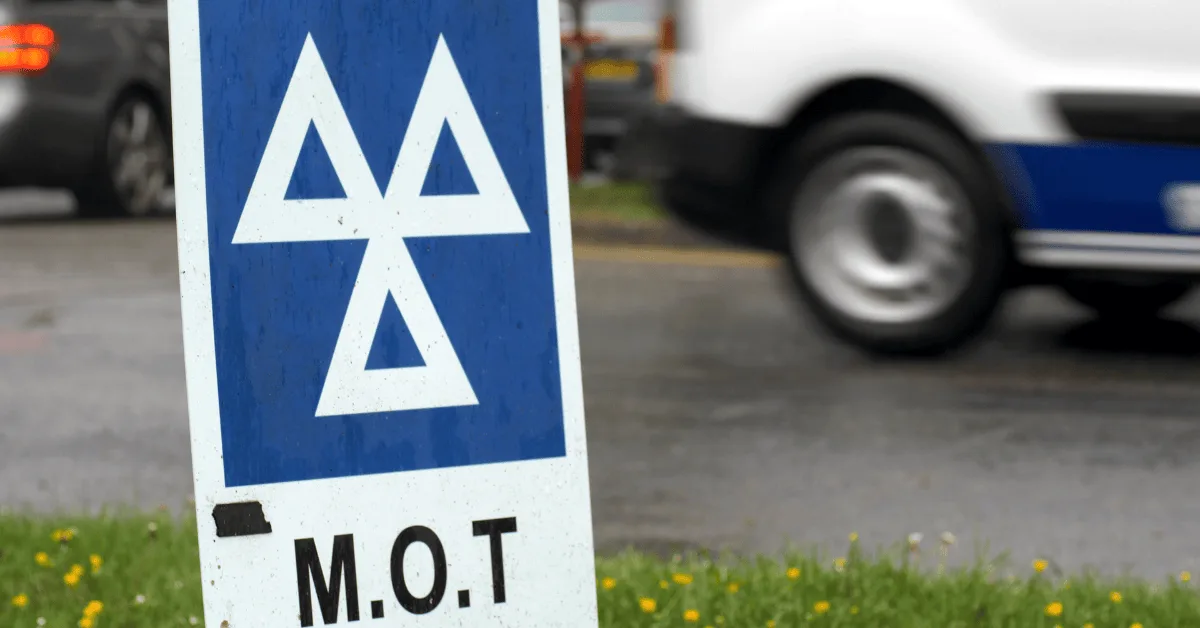There’s more to running a car than filling up and driving off. Servicing, insurance, repairs, tyres; they all stack up. Skip the budgeting, and it’s only a matter of time before something stings.
According to the latest figures, the average cost of running a car in the UK is sitting around £3,350 a year. That’s before you even factor in things like surprise repairs or rising fuel prices. So, if you’re trying to get on top of your motoring costs, it’s not a bad time to take a closer look at what you’re really spending.
Here’s a breakdown of the big ones, and how to stay ahead of them without wrecking your bank balance.
Fuel and Insurance
Fuel is one of the most obvious ongoing expenses. Even if you’ve got a fuel-efficient motor, the price at the pump never stays still for long. A few pence here or there each week quickly becomes an extra £100 a year. There’s no simple fix for this, sadly. Shopping around isn’t a bad option, and services like PetrolPrices can help with this. Their interactive map is a handy way of quickly identifying the cheapest fuel close by.

As for insurance, annual quotes vary a lot depending on your age, postcode, driving history, and even your job title. Again, it pays to shop around every year and tweak your policy if you’ve made changes to your car or driving habits. Add in breakdown cover while you’re at it, too. It’s a small cost that can save you a big headache.
Servicing and Maintenance
Regular servicing has got more expensive recently, but it’s still one of the easiest ways to avoid unexpected bills. It’s a cost you need to account for. A basic service might only set you back £100–£150, but a full one could be closer to £300, depending on your car.
It’s also important to think about the parts that wear out over time. Tyres, brake pads, and batteries all have shelf lives. You might get a warning sign, or they might just fail one day. Having a buffer in your budget means you’re not scrambling when it happens.
If something does go wrong, a car repair payment plan can soften the blow and let you spread the cost, rather than getting lumped with a single hefty bill.
MOT Costs and Fixes
On MOT day, you hope for the best but brace for the worst. The test itself isn’t expensive (the government sets a max fee of £54.85 for cars), but the trouble is what comes after. A failed MOT can mean repairs you weren’t ready for. If your car needs new suspension, a fresh set of tyres or even just a bit of welding, it can run into the hundreds.
If you can, it’s definitely worth setting aside a bit each month for MOT costs. Even if your car sails through, you’ve still got that money ready for the next one or any repairs in the meantime.
Road Tax
Road tax (VED) might not be a regular talking point, but it’s still a part of the running costs. There used to be more variation in your road tax, but these days it’s more or less a flat rate for vehicles registered after April 2017, following the first year’s payment. The big exception here is vehicles with a list price of more than £40,000, which incur a tax of £425/year, more than double the average.
If you’re able to, it works out slightly cheaper to pay your tax annually, but there are options surrounding monthly direct debits if you need to spread the cost.
Create a Car Budget that Works
The best way to budget for your car is to break it down monthly. Add up everything (insurance, tax, servicing, repairs, MOT costs, the lot) and divide it by 12. Putting aside that amount each month into a ‘car pot’ means you’re not scrambling when those costs hit.
If you’re on a tighter budget, keep an eye out for ways to make things more manageable. A car repair payment plan can really take the pressure off when something unexpected crops up.
Need A Hand Spreading The Cost? Get 0% Car Repair Finance
When something goes wrong with your car, the cost shouldn’t put the brakes on everything else. Payment Assist offers an easy, interest-free way to handle car repair finance without dipping into your savings. Whether it’s unexpected MOT costs or a big repair bill, our car repair payment plan helps spread the cost so you can stay on the road without the stress.
We work with garages and dealerships across the UK to give you flexible options with no hidden fees. Head to our site to find a dealership near you or get in touch if you’ve got any questions.
FAQs
How can I reduce my car’s running costs?
Simple things help, like driving more efficiently, checking tyre pressure, and keeping up with regular servicing, all of which make a difference. It also helps to shop around for insurance and fuel, if you can.
Is it worth putting money aside every month for car expenses?
Yes. Setting up a small savings pot means you’re not caught out by things like MOT costs or emergency repairs.
How much should I budget for repairs each year?
It depends entirely on your car’s age and mileage, so an exact figure isn’t really feasible. Newer cars might cost less, but older ones can surprise you. A garage with car repair finance makes this much easier to manage.
What if I can’t afford a big repair bill?
0% interest car repair finance options are a great way to help spread the cost over time. Always check what’s available before agreeing to a job.





